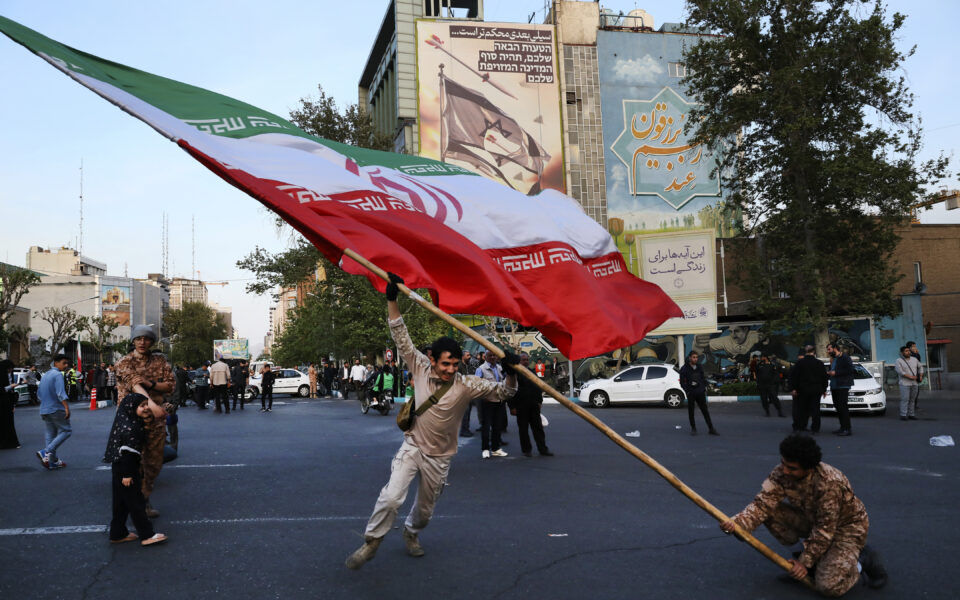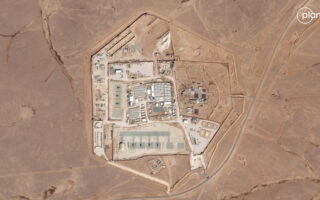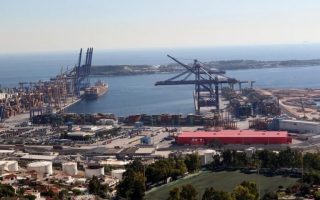Israel-Iran clash: Escalation or off-ramp?

Iran’s attack on Israel with more than 300 missiles and drones is a signification escalation of the conflict between the two. For the first time, Iran struck directly at Israel itself, not through proxies. Tehran had given notice that it would respond to the Israeli attack on its consulate in Damascus on April 1. Now, the fact that both Iran and Israel can claim that they won Saturday’s battle might allow an easing of the tension. Whether it will serve as an “off-ramp” will depend on what each of the protagonists wants to achieve, what each fears, and their sense of self-preservation.
For Tehran, the attack of April 13 provides it with prestige, confirming that it is the premier power of the anti-Israel “Axis of Resistance,” without, however, provoking a clash which might show up Iran’s weaknesses, undermine the regime at home and lead to the destruction of other proxies (in addition to Hamas). It is worth noting that Lebanon’s Hezbollah, the strongest of these proxies, did not join in with its own powerful weaponry in Saturday’s attack. This is probably in line with Iran’s decision to send a message to Israel without provoking a wider conflict. That’s why, a few hours after its barrage, Tehran declared that it considered this cycle of violence closed. Israel’s next moves, and time (which will allow Iran to enrich its weaponry) will determine developments.
For Israel, knocking out 99 percent of the missiles and drones that came its way may restore a bit of the deterrent force that was destroyed by Hamas’ terrorist attack on October 7. This was achieved with its allies’ assistance, however, and Israel’s military power depends greatly on its diplomatic force. The two cannot be separated. The United States, the United Kingdom, Jordan and France contributed decisively to the battle of April 13. They and other allies have made very clear that they will not support an Israeli attack on Iran. Their governments may support Israel when it is defending itself but not when it is on the attack. They are in a difficult position domestically because of Israel’s rampage in Gaza. The latest developments allowed them to achieve some balance in their policies regarding Israel and they would not want to lose this in an escalation of violence.
In short, everything depends on how Benjamin Netanyahu’s government will act. He and his extremist allies have shown that they desire conflict, as it serves their personal and political interests. The battle of April 13, though, allows the country’s allies and more rational people in Israel to demand de-escalation. If they are ignored, there will be no off-ramp.





